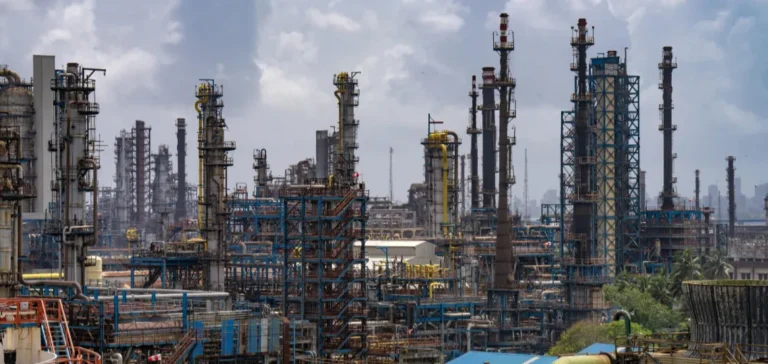The construction of Mongolia’s first oil refinery is progressing with Indian financial support, with operations expected to begin by 2028. The project represents the largest initiative ever backed by India through a line of credit, according to the Indian Ministry of External Affairs. Located in Dornogovi province, the refinery is designed to process approximately 1.5 million tonnes of crude oil per year.
Intended to strengthen Mongolia’s energy sovereignty, the refinery is expected to significantly reduce the country’s reliance on fuel imports. Currently, nearly all of Mongolia’s petroleum needs are met through imports, mainly from Russia. The project is being implemented by Mongol Refinery State Owned LLC, a state-owned enterprise, with technical assistance from Indian companies.
Strategic energy cooperation
India has extended a USD1.2bn line of credit to Mongolia to finance the refinery. The support is part of a broader energy partnership initiated between the two countries in 2015. The funding covers refinery infrastructure as well as associated pipelines and processing facilities.
According to Indian authorities, construction has passed several technical milestones, with visible progress on the ground. The project is being carried out in phases, including an atmospheric distillation unit, a catalytic reforming unit, and gas treatment and desulphurisation systems.
Economic goals and regional implications
Mongolian authorities are targeting full operational capacity for the refinery by the end of 2028. This timeline, confirmed by both governments, takes into account delays caused by the pandemic. Once operational, the facility is expected to create up to 560 direct jobs based on initial estimates.
The energy project also strengthens India’s strategic presence in Central Asia, while serving a shared economic goal with Mongolia: reducing fuel procurement costs. The refinery is projected to meet approximately 75% of the country’s petroleum demand, according to official forecasts.






















